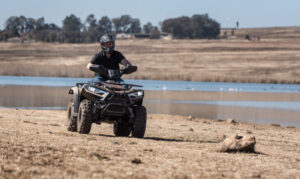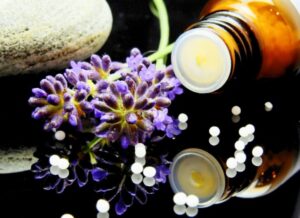Add Your Heading Text Here
Press release
Operating a nursery is labour intensive which supports livelihoods, but to run a nursery that stocks indigenous plants that can be used to restore the veld also requires specialised knowledge.
Hence the publication of A practical guide for community-run nurseries: Growing indigenous plants for restoration (available in English and Afrikaans). This illustrated guide provides an overview of the skills and knowledge needed to run a nursery along with plant propagation principles and techniques.
Says Christine Colvin, Senior Manager of WWF South Africa’s Freshwater Programmes: “We actively support the idea of a healthy ‘catchment economy’ in South Africa’s water source areas. To this end, WWF has joined hands with our many partners to encourage the development of small and medium-sized enterprises (SMMEs) to work on active restoration of our catchment areas once alien vegetation has been cleared.”
A shining example of a community-based nursery is in Genadendal near Greyton which, with support from WWF, is run by an SMME called JJs Producers and provides work for 22 people from the surrounding area.
MD of JJs Producers, Lumka Madolo, explains: “Actively restoring our water resources is not only about contributing to the country’s water security but also about contributing towards livelihoods. People are always the core of any ecological restoration work, which is why WWF involved the Genadendal community from the start of this project. We have developed into an SMME that now has more river and wetland restoration projects, creating employment for people of the surrounding areas. The most rewarding part is having healthy, functioning rivers and wetland systems and satisfied people, while also contributing towards the country’s economy.”
The guide was launched at the 8th World Conference on Ecological Restoration in Cape Town which was held at the end of September 2019. To download a copy of the guide click here.
Relevant pages on AgribookDigital include Invasive Alien Species and Floriculture and nursery crops.



